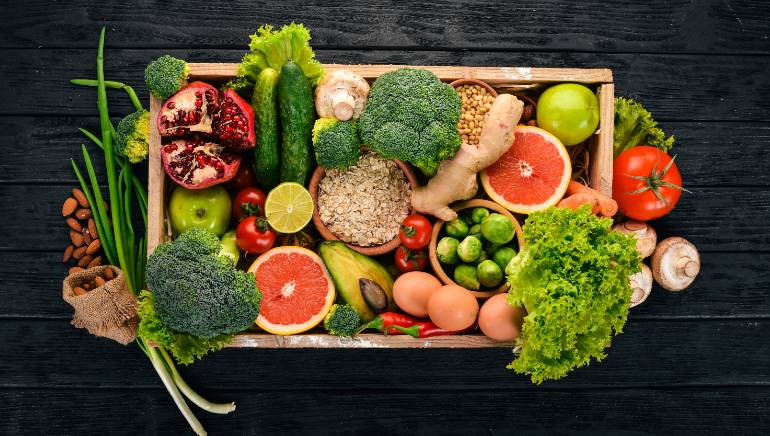Solutions for acne prone skin
ACNE NO MORE!!!!!
Acne is a common skin condition that affects many people. While there is no overnight cure for acne, there are several steps you can take to help manage and reduce its appearance. Here is a detailed guide on how to get rid of acne:
1. Keep your face clean:
- Use a gentle cleanser: Look for a mild, non-irritating cleanser that is suitable for your skin type. Avoid harsh soaps or cleansers that can strip your skin of its natural oils.
- Washing technique: Wet your face with lukewarm water, apply the cleanser using your fingertips, and gently massage it into your skin using circular motions. Avoid scrubbing vigorously as this can irritate your skin.
- Rinse thoroughly: Make sure to rinse your face thoroughly to remove all traces of cleanser. Leftover residue can clog your pores.
- Pat dry: Use a clean, soft towel to gently pat your face dry. Avoid rubbing, as this can cause further irritation.
2. Avoid touching your face:
- Hands off: Refrain from touching your face unnecessarily throughout the day. Your hands can carry bacteria, dirt, and oil that can aggravate acne.
- Avoid picking or popping: It's tempting to pop pimples, but doing so can lead to more inflammation, infection, and scarring. Instead, opt for spot treatments or consult a dermatologist for safe extraction.
3. Use non-comedogenic products:
- Look for non-comedogenic: Non-comedogenic products are formulated to minimize the likelihood of clogging pores. They won't contribute to acne formation.
- Oil-free formulas: Oil-free products are beneficial for individuals with oily or acne-prone skin, as they don't add excess oil to the skin surface.
- Acne-fighting ingredients: Consider products containing acne-fighting ingredients like salicylic acid, which helps unclog pores, or benzoyl peroxide, which kills bacteria and reduces inflammation. Start with a lower concentration to minimize skin irritation.
4. Moisturize regularly:
- Importance of moisturizing: Even acne-prone skin needs hydration to maintain a healthy moisture barrier. Proper hydration can actually help reduce acne by preventing excessive oil production.
- Choose oil-free, non-comedogenic moisturizers: Look for lightweight, oil-free moisturizers specifically designed for acne-prone skin. These products won't clog your pores or contribute to breakouts.
5. Follow a balanced diet:
- Nutrient-rich foods: Include a variety of fruits, vegetables, whole grains, and lean proteins in your diet. These foods provide essential nutrients that promote overall skin health.
- Limit processed and sugary foods: Some studies suggest that high-glycemic-index foods (such as sugary snacks and refined carbohydrates) may worsen acne in certain individuals. Moderation is key.
6. Stay hydrated:
- Hydration and skin health: Drinking an adequate amount of water helps maintain your skin's moisture balance and supports overall skin health. It can also help flush out toxins.
- Recommended water intake: Aim to drink at least 8 glasses (64 ounces) of water per day, or adjust based on your activity level and climate.
7. Avoid excessive sun exposure:
- Sun and acne: While sunlight can temporarily improve acne symptoms due to its drying and anti-inflammatory effects, excessive sun exposure can lead to skin damage and worsen acne in the long run.
- Use sunscreen: Apply a broad-spectrum sunscreen with at least SPF 30 to protect your skin from harmful UV rays. Choose a non-comedogenic sunscreen to avoid clogging pores.
8. Don't sleep with makeup on:
- Importance of makeup removal: Leaving makeup on overnight can clog your pores and contribute to acne formation. It's crucial to remove all makeup before bed.
- Gentle makeup removal: Use a gentle makeup remover suitable for your skin type. Follow up with a mild cleanser to ensure all residue is thoroughly removed.
9. Manage stress levels:
- Stress and acne: Stress can trigger hormonal imbalances, leading to increased oil production and acne breakouts. Managing stress can help reduce acne symptoms.
- Stress reduction techniques: Engage in activities that help you relax and unwind, such as regular exercise, meditation, deep breathing exercises, or hobbies you enjoy.
10. Avoid excessive sweating:
- Sweat and acne: Excessive sweating can contribute to clogged pores and acne breakouts. After sweating, it's important to cleanse your skin to remove sweat and bacteria.
- Post-workout cleansing: After exercising or any activity that causes heavy sweating, gently cleanse your face with a mild cleanser to remove sweat and impurities.
11. Consult a dermatologist:
- Seeking professional advice: If your acne is severe, persistent, or causing emotional distress, it's advisable to consult a dermatologist. They can evaluate your skin condition and provide a personalized treatment plan.
- Prescription medications: Dermatologists may prescribe topical creams, oral antibiotics, hormonal therapy, or isotretinoin (Accutane) for severe cases. These medications are intended for specific acne types and require professional guidance.





:max_bytes(150000):strip_icc()/GettyImages-1154030721-974bcd6d70ff4489ba961317f1f3640f.jpg)
Comments
Post a Comment